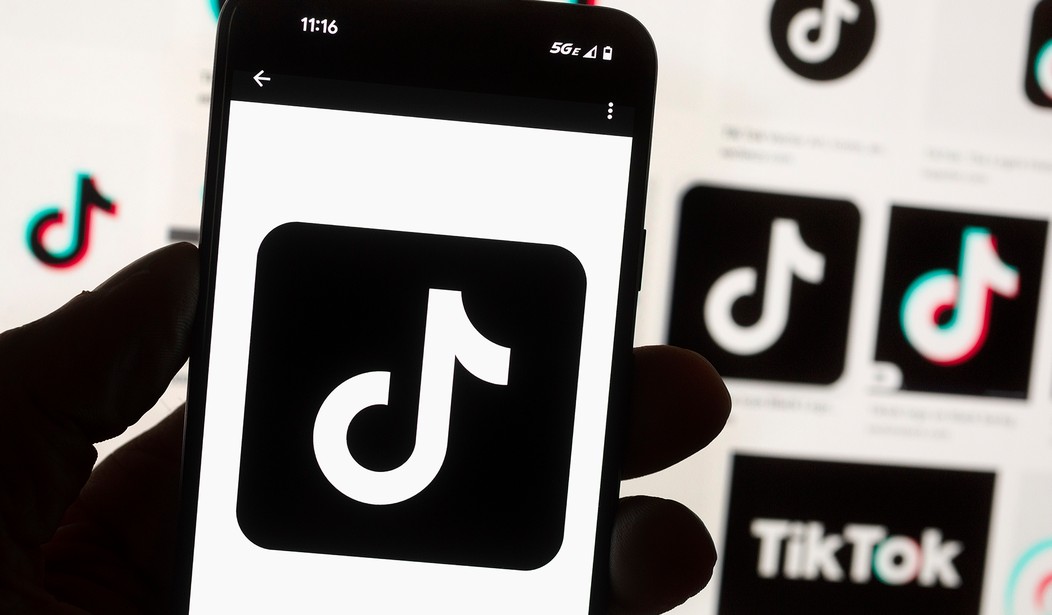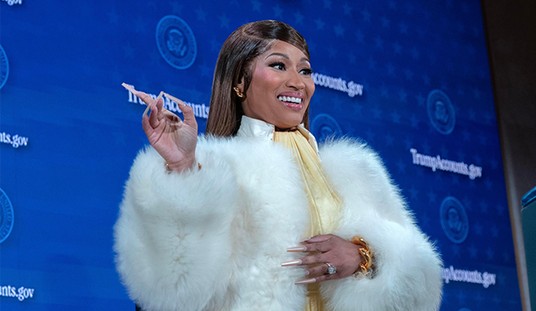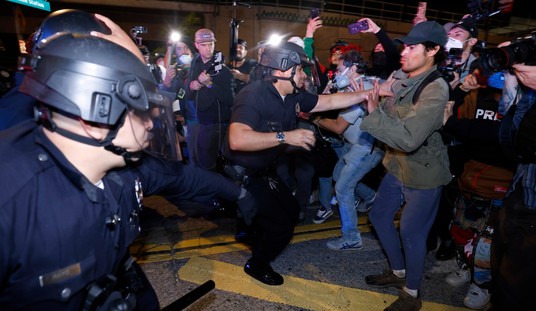As discussions about the impact of internet use by children and teenagers continue, there are growing calls for government intervention, including proposals to ban social media for minors. While the intentions behind such proposals may be well-meaning, such a ban may not be the most effective approach and could have unintended negative consequences.
A bipartisan group of senators will soon be introducing a bill that would impose an age minimum for children on social media as well as restrictions on companies’ use of algorithms to engage with minors. The Washington Post reported:
Led by Senators Brian Schatz (D-Hawaii) and Tom Cotton (R-Ark.), the bill would prohibit children under 13 from accessing social media and mandate parental consent for those aged 13 to 17. It is anticipated that the bill will be introduced this week, with support from Senators Chris Murphy (D-Conn.) and Katie Boyd Britt (R-Ala.). This collaborative effort highlights the growing bipartisan concern regarding the impact of digital platforms on the mental well-being of children and adolescents.
Several states, including Utah and Arkansas, recently passed laws requiring parental consent for anyone under 18 to join social media platforms, with the Utah law also requiring a digital curfew for younger users and granting guardians access to their child’s account. “In Washington, Republican lawmakers in the House and Senate have introduced separate bills to keep kids under 16 off social media altogether,” according to the report.
“We protect our children from drinking, from smoking, from driving. They can’t drive when they’re 12,” said Rep. Chris Stewart (R-UT). “We should protect them from the impacts of social media.”
Democratic lawmakers have also supported the idea. Sen. Michael F. Bennet (D-CO) posted a tweet responding to U.S. Surgeon General arguing for this type of legislation saying he has “seen no compelling reason why middle school kids should be on social media, where they’re bombarded with targeted ads, trolls, and algorithms working overtime to addict them.”
The @Surgeon_General is right.
I have seen no compelling reason why middle school kids should be on social media, where they're bombarded with targeted ads, trolls, and algorithms working overtime to addict them.https://t.co/Zlll1rPHqz
— Michael Bennet (@SenatorBennet) January 31, 2023
To be blunt, this isn’t a good idea.
For starters, a ban could hinder their access to educational and social opportunities. Online platforms can provide valuable educational resources, foster creativity, and facilitate communication and collaboration among peers, especially when they are guided by their parents, whose job it is to manage the use of these tools.
Many schools and educational institutions use social media platforms for educational purposes, such as online learning, group projects, and communication with teachers and classmates. Banning their use by minors could limit their access to these educational resources and hinder their ability to connect with peers, which could have negative social and academic impacts.
Moreover, such legislation would allow the government to be more intrusive in the role of parenting. Parents play a crucial role in guiding their children’s use of online interactions, as they are in the best position to understand their child’s maturity level, values, and specific needs. Decisions about when and how children use social media should be made by parents, not the government, as parents are better equipped to tailor social media use to their child’s individual circumstances.
Parents know their child’s age, development level, and readiness for internet use. Children mature at different rates, and parents are best placed to determine if their child is emotionally and mentally prepared for social media. They can assess their child’s ability to understand the risks and responsibilities associated with social media, such as online privacy, cyberbullying, and exposure to inappropriate content. Parents can establish age-appropriate guidelines, taking into account their child’s maturity and readiness for online interactions.
It is also important to recognize that parents are legally responsible for their children’s well-being and are in the best position to make decisions about their child’s social media use. Government intervention in parental decisions on this issue could infringe on parents’ rights and autonomy, and may not adequately consider the unique needs and circumstances of each child. To put it simply, one-size-fits-all solutions coming from the federal government are not only overreach, they also won’t work.
Furthermore, enforcing a ban on social media for minors would pose significant challenges. Age verification processes are often difficult to implement effectively, as many minors may easily falsify their age or use fake accounts.
This could result in a false sense of security and may not effectively prevent minors from using social media. Indeed, the Washington Post pointed out that “[m]any platforms, including Twitter and TikTok, already bar users under 13 from signing up, while others like YouTube offer products designed for kids with heightened protections.”
Instead of a blanket ban, a more balanced approach could be to focus on education and parental involvement. Educating children, teenagers, and parents about responsible social media use, digital literacy, and online safety can empower them to make informed decisions and navigate the online world in a healthier way. In the end, this is the job of parents, not the state.
The opinions expressed by contributors are their own and do not necessarily represent the views of RedState.com.













